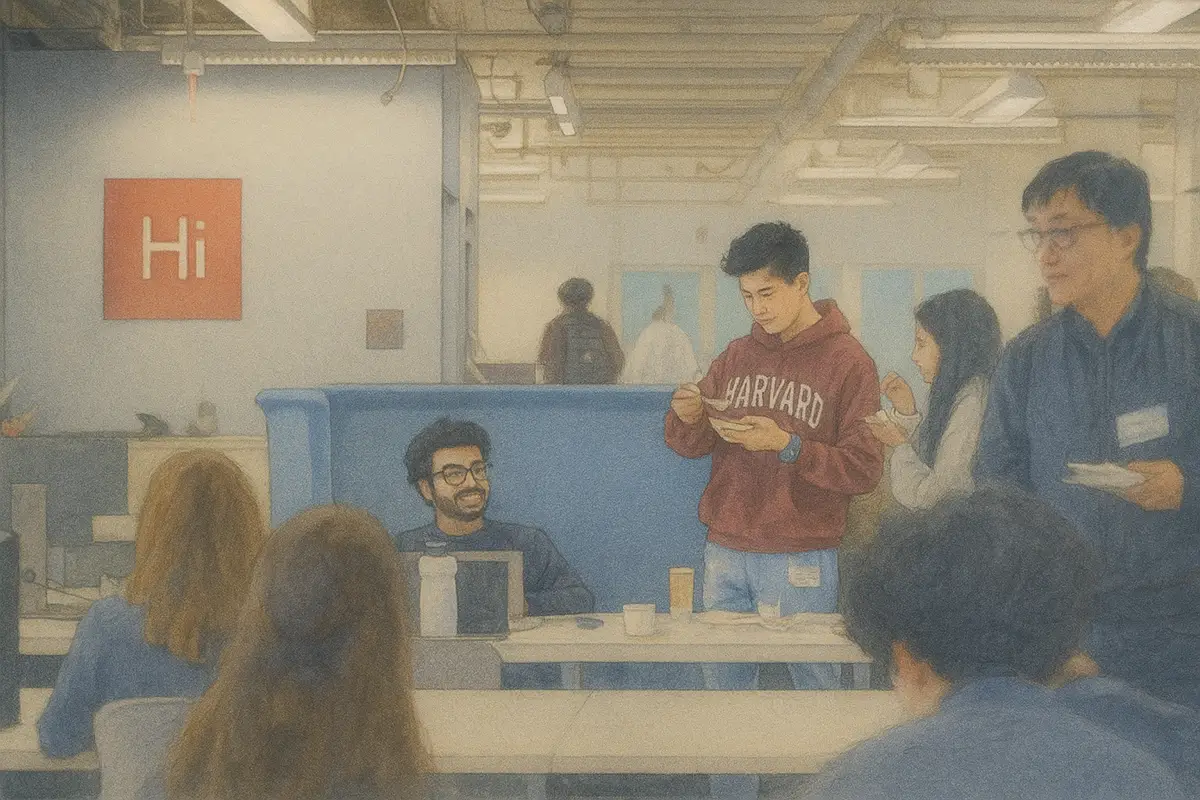Civic engagement is the cornerstone of healthy democracy – it’s about being an active participant in our communities, working to address concerns, and understanding the basics of how government works. However, today, when we look at high school students, less than 50% can name all 3 branches of government, let alone know where to look if they want to be more engaged in making change in their communities.
In Rhode Island, Rob Traverse and Suzy Alba are pioneering an innovative approach to addressing these challenges across high schools through the Civic Engagement Program. Built by a team of both former teachers and public sector professionals, this program stands as a national model for reigniting youth interest in civic participation.
We spoke with Rob and Suzy to better understand the program, its impact on Rhode Island students, and how the Civic Roundtable platform is being used to supercharge it.

What is the RI Civics Student Liaison program?
Rob: In Rhode Island, we think of Civics as encompassing a wide spectrum of activities. It can be simple acts, like shoveling your neighbors’ driveway, or larger acts, like getting involved in policy advocacy. It’s about wanting to cast your vote and show your investment in your community. Our work to engage the next generation has never been more important. If students do not get involved now, they may not be as prepared to address the challenges we face as a state and a country.
Suzy: Through this program, we’ve appointed 80 student ambassadors to serve as liaisons between their school at the Secretary of State. Throughout the year, they are engaged in projects that range from policy research to running mock elections at their high school. The program culminates in a three-day summit where students are immersed in the Rhode Island government through workshops and field trips, all with the goal of exposing bright young students to what it means to be civically engaged.
What were the origins of the program?
Rob: Secretary of State, Gregg Amore, was a U.S. Civics and History teacher. We actually taught together at East Providence High School. Over the last few decades there has been a shift away from teaching civics, leaving Rhode Island schools without uniform civics content and many students lacking a solid foundation in civics education. One of Secretary Amore’s initiatives upon inauguration was to set up a student liaison program to address this gap via an immersive experience for students.
25 years out, what would you view success for students in this program?
Rob: I believe that the state will see some serious rockstars graduating from the program, maybe even future secretaries of states and Rhode Island senators. The students inspire us - they are very driven to enact change, spread civic education, and stay civically engaged.
Suzy: For example, one student is developing a website that teaches students about the presidential election, from keywords and vocabulary to forming their own opinions. Another student wants to convene 300 students from the Providence school system for a retreat with guest speakers. By May, they will both be handing the baton to another student in their schools to continue this progress. We also hope to expand our impact to thousands of students across the country through collaboration across states. Vermont and Kentucky have already expressed interest!
How is Roundtable supporting your work?
Suzy: In a world where rallying busy students is tough, Roundtable has become our virtual hub. Students needed a space to connect with each other across schools, hear the latest program updates, and connect with the directors. Roundtable was the catalyst that got this program off the ground. This platform transforms collaboration and communication for students, educators, and community partners. It's not just about real-time interaction - it's the secret sauce that makes the program function seamlessly and effectively. Roundtable provides a reliable and engaging space every week for discussions, project planning, and feedback, which enriches everyone’s experience, and in turn, makes civic engagement more accessible and impactful.

Subscribe to our blog today for Roundtable news and product announcements, straight to your inbox.